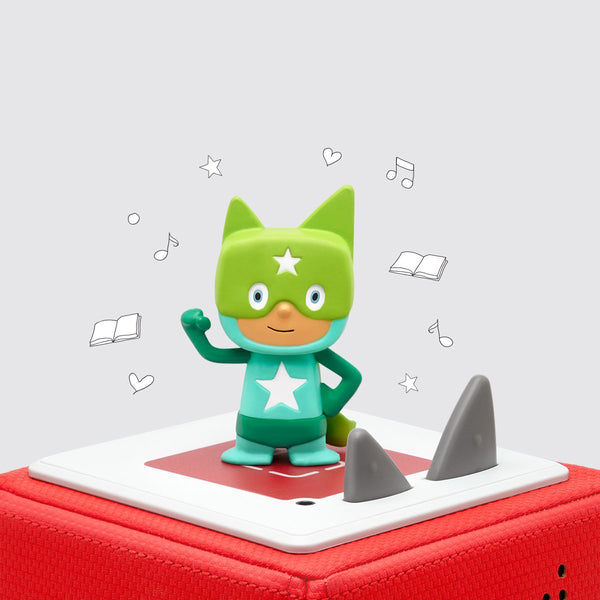Instagram Story UI is one of the most exciting ways to connect with your audience. No matter if you're a business or a casual user, understanding Instagram Story UI can help you create more engaging content. The Instagram Story UI is designed to be intuitive, but there are many hidden tricks to make your stories stand out. In this article, we’ll dig in to the top 10 Instagram Story UI design tips, including layout ideas, interactive features, and tools to level up your stories.
![]()
1. Keep It Simple with Minimalist Design
The Instagram Story UI is built for simplicity. Too many elements can clutter your story and distract viewers. Stick to a clean layout with one key message per frame.
- Key tips:
- Use one focal point per slide.
- Limit text to 1-2 short lines.
- Avoid overcrowding with stickers or GIFs.
For more inspiration, check out this Instagram Story UI mockup.
![]()
2. Use Assembo.ai to Create Custom Backgrounds
Assembo.ai is a great tool to design custom backgrounds for your Instagram Story UI. Upload your photos and experiment with different layouts and colors.
- How it works:
- Upload your image to Assembo.ai.
- Choose from AI-generated backgrounds.
- Download and add to your story.
Learn more about how Instagram Story UI leverages psychology.

3. Leverage Swipe Gestures for Navigation
The Instagram Story UI relies heavily on swipe gestures. Use this to your advantage by guiding viewers to swipe for more content.
- Why it works:
- Swipes are intuitive and easy.
- Encourages viewers to engage longer.
- Creates a seamless flow between slides.
Explore this breakdown of Instagram UI principles.
![]()
4. Use Polls and Quizzes for Interaction
Interactive elements like polls and quizzes make your Instagram Story UI more engaging. They encourage viewers to participate and stay longer.
- Key features:
- Polls for quick feedback.
- Quizzes to test knowledge.
- Q&A stickers for direct interaction.
Read this critique of Instagram Story UI design.
![]()
5. Experiment with Text and Font Styles
The Instagram Story UI offers limited font options, but you can still get creative. Mix fonts and colors to highlight key points.
- Tips for text:
- Use bold fonts for headlines.
- Contrast colors for readability.
- Animate text for emphasis.
Download free Instagram Story UI templates.

6. Optimize for Vertical Format
The Instagram Story UI is designed for vertical viewing. Always shoot and edit in portrait mode for the best results.
- Why vertical works:
- Fills the entire screen.
- Easier to view on mobile.
- More immersive for viewers.
See how to build Instagram Stories in React Native.

7. Maintain Brand Consistency
Your Instagram Story UI should reflect your brand’s colors, fonts, and style. This helps build recognition and trust.
- How to stay consistent:
- Use brand colors in every story.
- Stick to a signature font.
- Include your logo subtly.
Learn more about Instagram Story UI consistency.

8. Add Subtle Animations
Animations can make your Instagram Story UI more dynamic. Use them sparingly to avoid overwhelming viewers.
- Animation ideas:
- Fade-in text for emphasis.
- Slide transitions between frames.
- Animated stickers for fun.
Check out this animated Instagram Story UI mockup.
![]()
9. Use Highlights for Evergreen Content
Instagram Story UI disappears after 24 hours, but Highlights let you save key stories. Organize them by theme for easy access.
- Highlight tips:
- Create categories like "Tutorials" or "Events."
- Use custom cover images.
- Update regularly to keep fresh.
Read how Instagram Story UI handles privacy.

10. Stay Updated with New Features
The Instagram Story UI is always evolving. Keep an eye out for new tools like Reels, Guides, and Shopping stickers.
- Latest features:
- Reels for short videos.
- Guides for curated content.
- Shopping stickers for e-commerce.
Explore Instagram Story UI trends.
Final Thoughts
The Instagram Story UI is a powerful tool for engagement. No matter if you're a beginner or a pro, these tips will help you create better stories. From minimalist designs to interactive features, there’s always something new to try. Start experimenting today and see how your audience responds.
